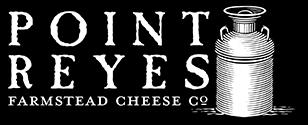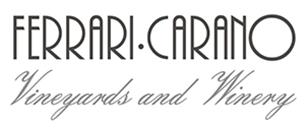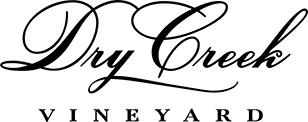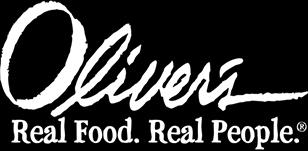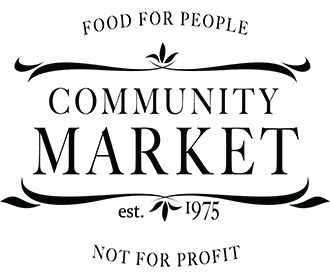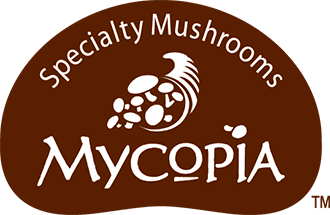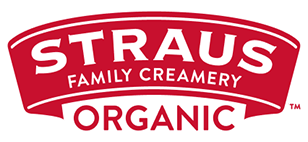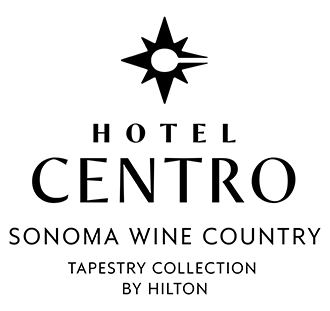GET TICKETS
Saturday, March 21, 2026
 The Stars of Food & Wine awards celebrates individuals and organizations that exemplify excellence, innovation, and a commitment to the betterment of our local communities and environment through agriculture, viticulture, sustainability, education and compassion.
The Stars of Food & Wine awards celebrates individuals and organizations that exemplify excellence, innovation, and a commitment to the betterment of our local communities and environment through agriculture, viticulture, sustainability, education and compassion.
By recognizing these Stars, NorCal’s hope is to instill lasting inspiration and positive change in our environments and communities.
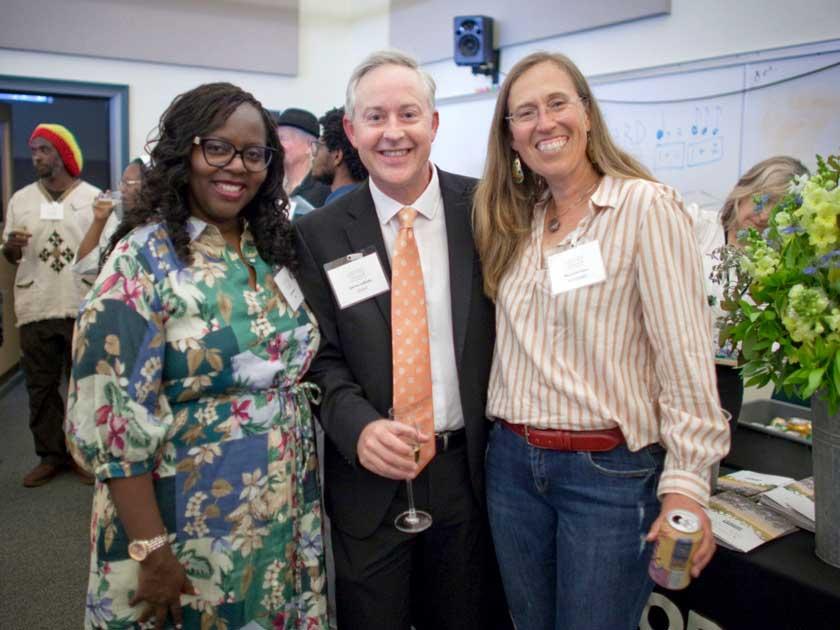 Your ticket to this award-winning event helps fund our Center for Environmental Reporting, supporting PBS climate programming, NPR environmental coverage and podcasts, youth-led YouTube productions, emergency preparedness information and more.
Your ticket to this award-winning event helps fund our Center for Environmental Reporting, supporting PBS climate programming, NPR environmental coverage and podcasts, youth-led YouTube productions, emergency preparedness information and more.
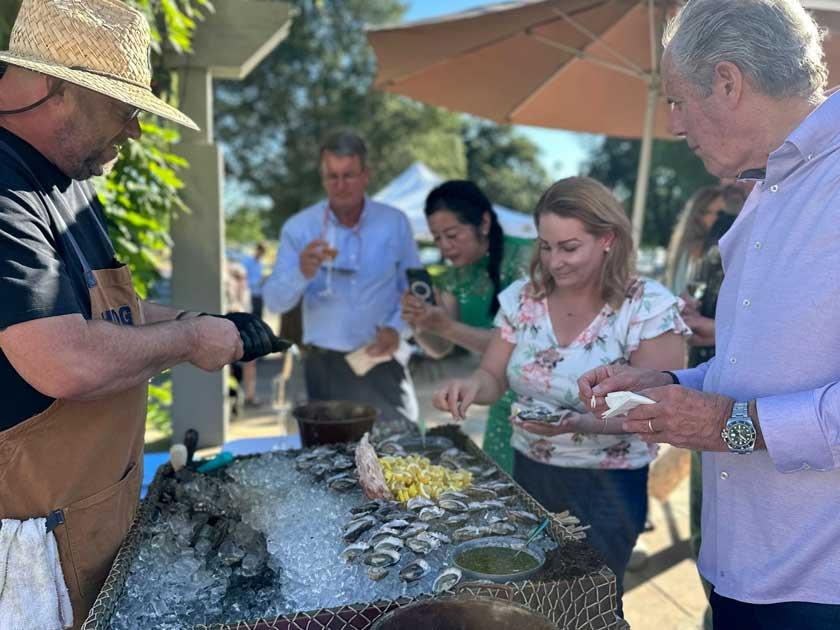 The 4th Annual Stars of Food & Wine will take place Saturday, March 21, 2026 at Sonoma State University. A walk-around tasting starts at 6pm, followed by a seated dinner and ceremonies.
The 4th Annual Stars of Food & Wine will take place Saturday, March 21, 2026 at Sonoma State University. A walk-around tasting starts at 6pm, followed by a seated dinner and ceremonies.
 Mike Thompson - U.S. Representative for California’s 4th Congressional District
Mike Thompson - U.S. Representative for California’s 4th Congressional DistrictCalifornia's 4th Congressional District is a world-renowned food and wine destination with a vibrant agricultural and viticultural heritage. Wine is the largest economic driver in the 4th district. Thompson is an organic grape grower fully committed to protecting and strengthening farming and ranching communities. He co-founded the Congressional Wine Caucus in 1999, with more than 100 bipartisan and bicameral members of Congress advancing legislation to serve its priorities.
Thompson’s long history of support not only for farms, ranches and food producers, but in food equity, climate change mitigation, land conservation, water issues, research and forward-looking practices at the legislative level were cited by the Awards Committee as the basis for choosing Mr. Thompson for this award.
Thompson is Co-Chair of the Land Conservation Caucus, Co-Chair of the Wildlife Refuge Caucus and a lifelong outdoorsman, strongly supporting investing in land conservation, acting to prevent climate change and transitioning to a clean energy economy.
He wrote the GREEN Act into the Inflation Reduction Act of 2022, which made the largest investment in climate action in U.S. history.
For farming and ranching communities, Thompson has authored, supported and voted for legislation providing farmer safety nets, emergency drought and wildfire relief, assisting small family farms, finding funding for crop disease and invasive species research and mitigation efforts, fostering conservation efforts on agricultural lands, providing nutrition assistance to children and families and supporting programs to measure and reduce food waste.
Concerned with land conservation, Thompson works to preserve our green spaces for younger generations. He voted to conserve over 4 million acres as a member of the Migratory Bird Conservation Commission and sponsored legislation that led to the permanent protection of nearly 1 million acres. He worked with constituent groups and Rep. John Garamendi to secure the original designation of nearly 350,000 acres of the Berryessa Snow Mountain region as a national monument.
He also worked with Rep. Garamendi to expand the boundary of the Sacramento-San Joaquin Delta National Heritage Area to preserve areas of Rio Vista for generations to come.
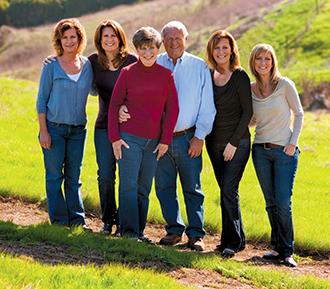 The Giacomini Family – Point Reyes Farmstead Cheese Company
The Giacomini Family – Point Reyes Farmstead Cheese Company
There's an expression in the Giacomini family: When life gives you four daughters, make cheese.
In the late-1990s, Bob and Dean Giacomini sat their daughters down to discuss the future of the dairy founded in 1959. The dairy operation had outgrown the 720-acre property, and they decided it was time to begin the process of paring back the farm or selling the property altogether. By 2000, the family had transitioned the business into an artisan farmstead cheese-making facility. Three sisters took executive roles and share CEO responsibilities—Jill Giacomini Baush is CMO, Diana Giacomini Hagan is CFO and Lynn Giacomini Stray is COO.
The family was one of the first participants in the Natural Resources Conservation Service’s Conservation Stewardship Program and one of the first dairies to install a methane digester to harvest methane and convert it into clean, renewable energy to power the dairy and cheese facilities. Spent grain from partner Lagunitas Brewing provides supplemental feed for the cows.
Rotational grazing of their cows keeps soils healthy and helps prevent harmful erosion into Tomales Bay. Steep slopes are densely vegetated with trees and shrubs to manage erosion, and a comprehensive nutrient management plan was implemented to ensure there is no runoff of nutrients that could harm coastal wetlands.
The Fork, a Culinary Center added at the ranch hosts meetings of agricultural organizations, culinary students, fellow artisan cheesemakers and others interested in environmental stewardship.
MAKERS AND ARTISANS
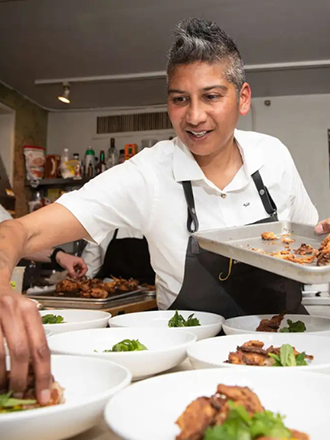 Chef Preeti Mistry – Silver Oak Cellars
Chef Preeti Mistry – Silver Oak Cellars
Chef Preeti Mistry, a James Beard–nominated and James Beard Media Award-winning chef, author, and cultural voice, is celebrated for a philosophy rooted in seasonality, sustainability, and bold California sensibilities. Known for inventive pairings and a fearless approach to flavor, Chef Preeti has built a reputation for creating experiences that move beyond the expected to surprise and delight.
Their work has been showcased on CNN's Parts Unknown with Anthony Bourdain, Michelle Obama's Waffles + Mochi on Netflix, and The Tamron Hall Show, as well as in publications such as The New York Times, Food & Wine, Bon Appétit, and Vogue India. A frequent speaker and panelist, Chef Preeti is recognized as much for their cultural insight as their culinary creativity.
Named in 2025 as Executive Chef at Silver Oak Cellars, they will lead a culinary program that deepens the wine-and-food connection through rotating seasonal menus and inventive culinary pairings both on-site and in-market.
“When I had my restaurants, they were very personal and very Indian," said Mistry, who was born in London to a Uganda-born father and an India-born mother. At Silver Oak, "I'll definitely be bringing in some Indian influences, but my life has always been very global." Dishes will also draw from Chinese, Vietnamese, Middle Eastern and other cuisines.
ENVIRONMENTAL JUSTICE
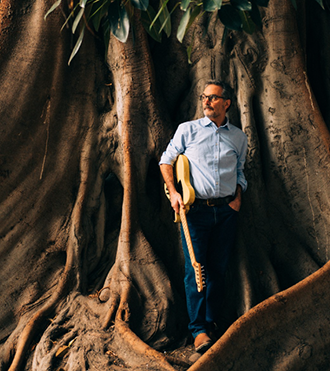 Dan Imhoff - Wild Farm Alliance
Dan Imhoff - Wild Farm Alliance
Dan Imhoff is director of Watershed Media, a non-profit 501(c)(3) communications agency and an established thought leader for his many works on ecological agriculture, conservation, public policy and design, from books to music, podcasts to video. His ability to present complex topics with concise prose and dynamic visuals has earned numerous awards, accolades and public appearances.
Wild Farm Alliance was established by a national group of wildlands proponents and ecological farming advocates who share a concern for the land and its wild and human inhabitants. At a conference organized by Dan in 2000, the group came together to discuss how farmers have the responsibility to be conservationists and stewards of the wildness, land and animals that co-exist in their spaces, and they formed a unique group of powerful voices with a mission.
Bringing wild connectivity across farming landscapes is the work of Wild Farm Alliance, and bringing nature back to the farm is its vision. Their aim is to accelerate the adoption of practices that cultivate biodiversity and ultimately scale this effort nationally. Along with 2025 Award winner Michael Dimmock, Dan is on the Board of Directors at Wild Farm Alliance.
He is the author of Farming with the Wild, a book identifying models and resources to help farmers incorporate conservation practices in their farms and watersheds. He has also written a number of articles on the wild farm concept.
SOCIAL JUSTICE
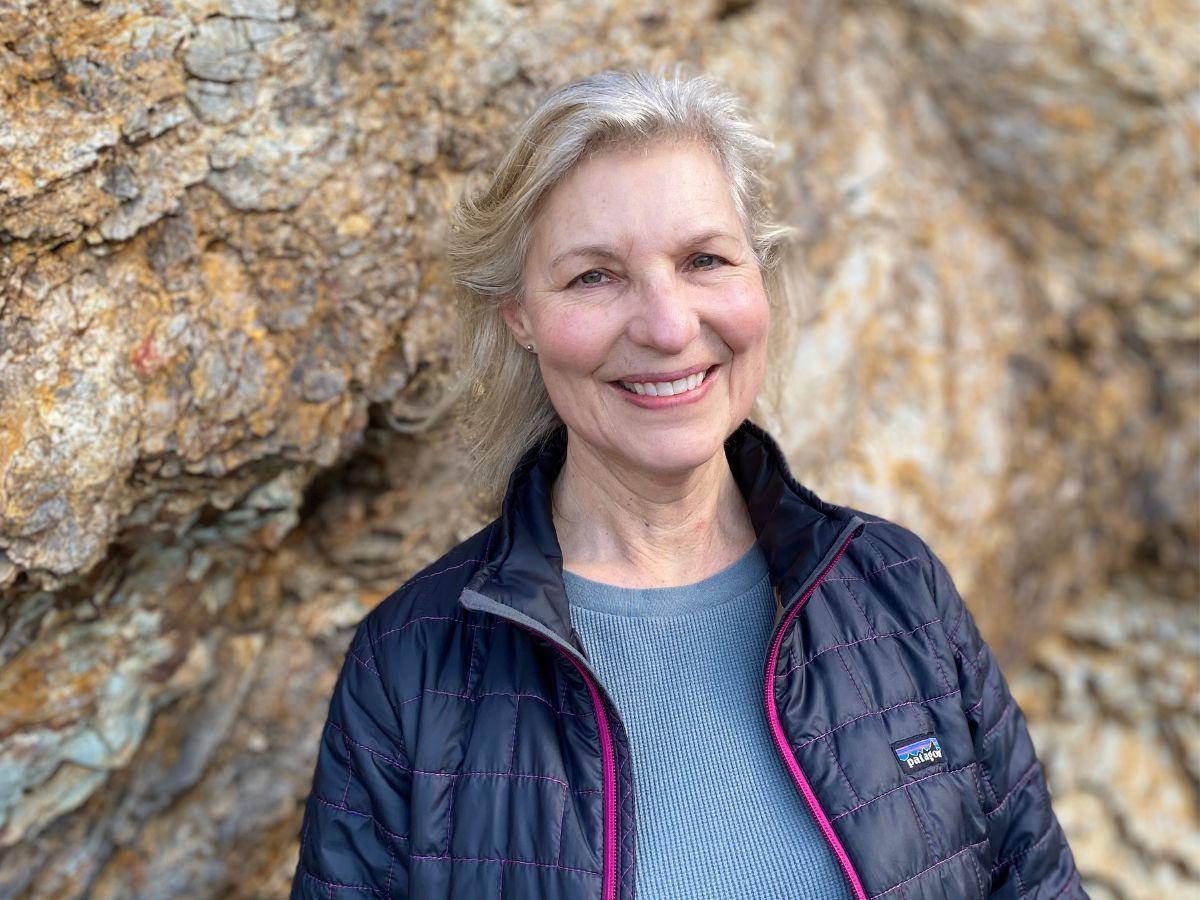 Margo True - Civil Eats
Margo True - Civil Eats
Civil Eats, a digital newsroom about the U.S. food system, seeks to amplify underrepresented voices, hold government officials and corporations to account for their actions, and inspire a more just and sustainable future. As the features editor for Civil Eats, Margo True looks for compelling stories that reveal solutions and, ideally, spark change—especially through community bonding.
Earlier in her career as a food writer and magazine editor, at Gourmet (RIP) and then at Saveur, she wrote and edited pieces that, while celebrating the sensory joys of food, told the larger story, too—of history, politics, culture and geography—to bring context to every bite and make the unseen more tangible. Later, as the food editor for Sunset magazine, she grew ever more aware of the injustices and destructiveness of the industrial food system and looked for ways to make positive change. At Sunset, Margo and her colleagues championed the first Slow Food Nation in 2009 and helped plant the edible gardens at San Francisco’s City Hall. They produced a backyard farming project that spawned a blog, a book and a contest, with neighborhood teams all over the West growing organic food in their backyards—and cooking it up into huge harvest feasts.
After Sunset, Margo was the lead writer and editor at Patagonia Provisions, the food company within Patagonia. Her work there—documenting regenerative agriculture and the building of more-sustainable supply chains—wrapped around farming, forestry, ocean health, government policy, social justice issues and animal welfare.
Throughout her career, Margo has been drawn to the profound ways in which food unites people, whether it’s around a table or for a common cause.
FOOD EQUITY
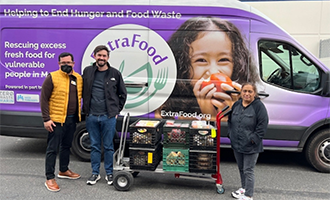 Will Ditmar - ExtraFood
Will Ditmar - ExtraFood
Food recovery just makes sense. Food donors save on disposal and fees, receive a tax deduction, improve their company morale. Nonprofits save money on food that they can direct to other necessities, and provide more nutritious, healthy fresh food to more people. People facing food insecurity receive equitable access to healthy, fresh food. And the planet wins—food waste is a massive global problem. Keeping food waste out of landfills has proven to slow the effects of climate change.
ExtraFood’s mission is to end hunger and wasted food in the Bay Area through a regional food recovery program. They rescue excess fresh food from businesses and schools —fresh fruits and vegetables, dairy products, eggs, meat, baked goods, and prepared meals — and immediately deliver it to people facing food insecurity.
Prior to joining ExtraFood as Executive Director, Will worked for national nonprofits such as Boys & Girls Clubs of America with a focus on state, federal, and local government funding in order to improve food security in disadvantaged communities around the country. Leading teams in service of these communities, Will established food security, educational, and community engagement programs that improved outcomes for tens of thousands of families. Through this work, Will saw firsthand the impact of limited access to food nearly every day and is dedicated to ensuring equitable policies and programs to better serve those in need.
WINE WORLD GAME CHANGERS
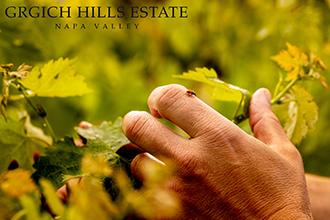 Grgich Hills Estate
Grgich Hills Estate
A family-owned and operated winery, Grgich Hills Estate prioritizes the long-term health and longevity of the vines and creating a balanced ecosystem in the vineyard.
Grgich Hills Estate's mission is rooted in regenerating the earth and fostering peace through friendship while building a better future for generations to come. Implementing organic practices in 2000 and pioneering biodynamic and now regenerative farming techniques, Grgich Hills Estate continues to evolve and innovate to create long-lasting change. In 2022, they achieved Regenerative Organic Certification, which integrates four main principles: incorporating livestock, no-till soil management, building organic matter to sustain microbial life, and the equitable and fair treatment of the vineyard workers. These natural, minimal-intervention winegrowing practices capture the essence of the vineyard and vintage in every bottle.
See the 2025 Winners See the 2024 Winners See the 2023 Winners
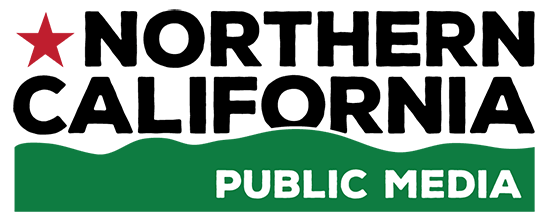
 Live Radio
Live Radio










